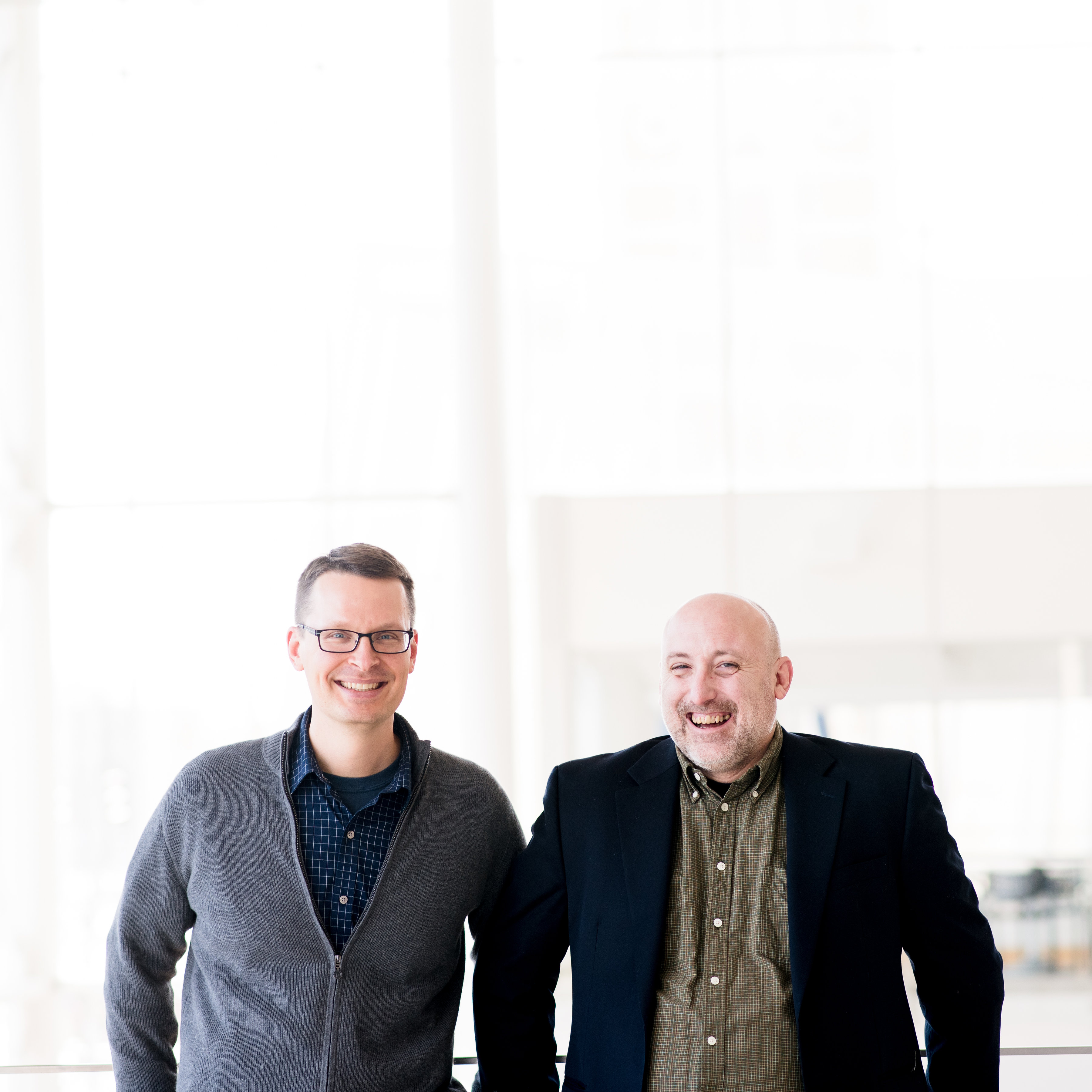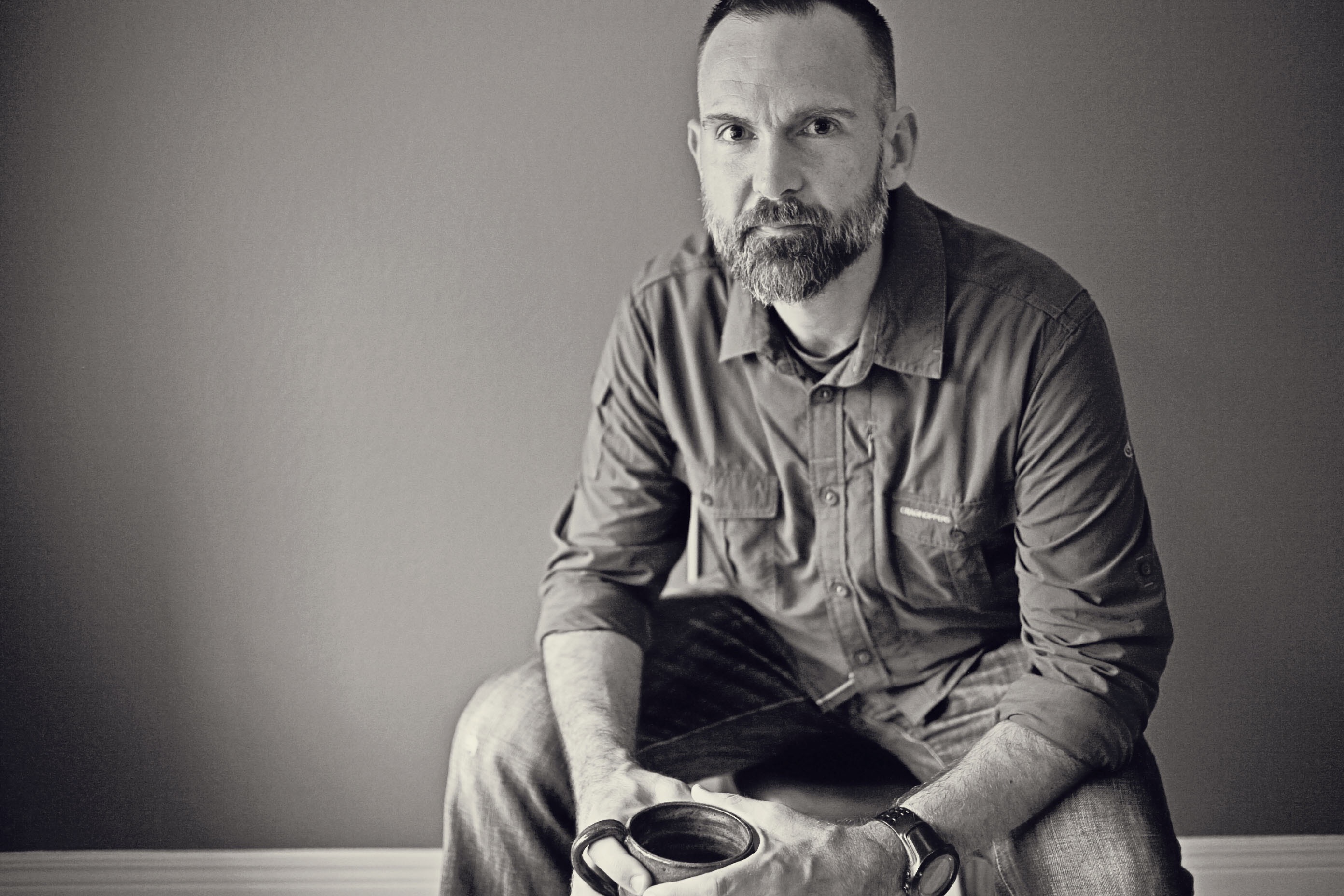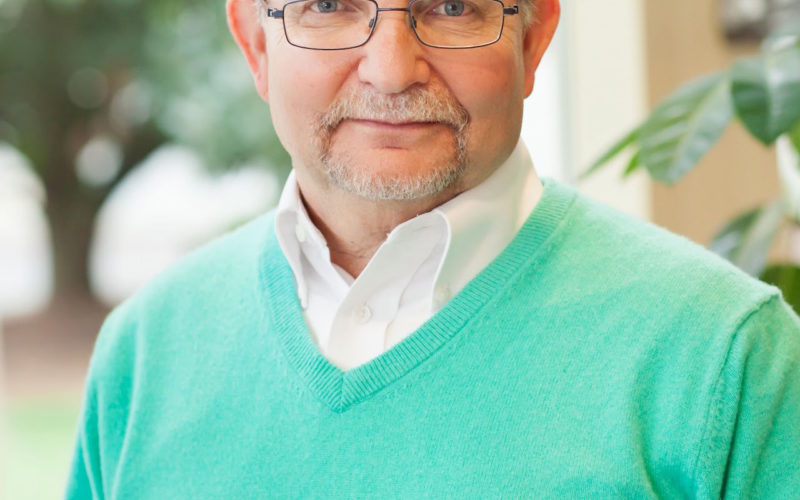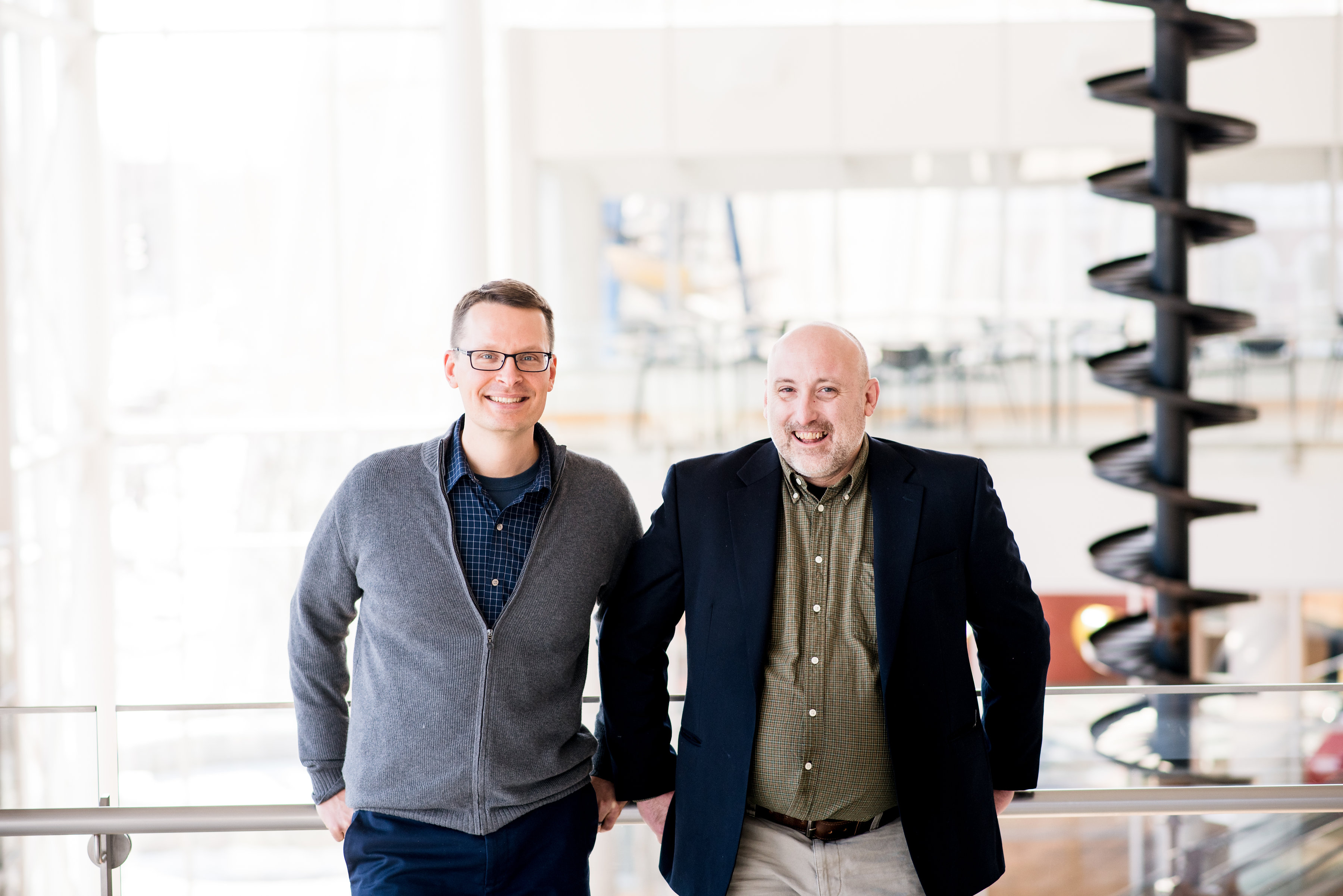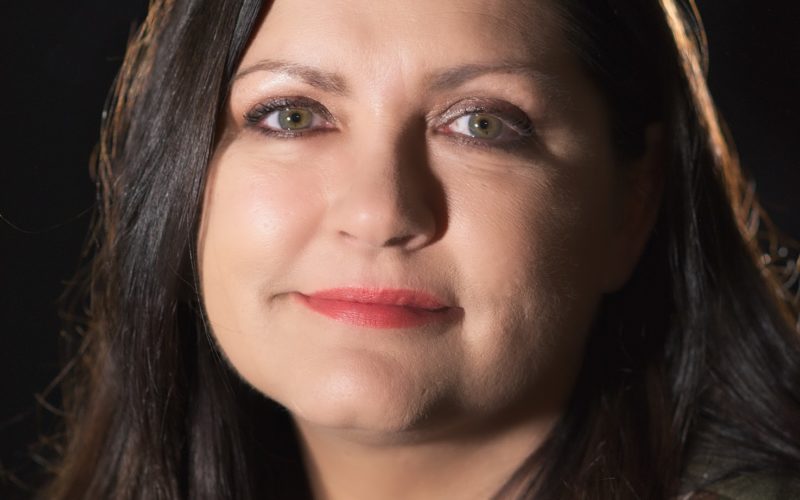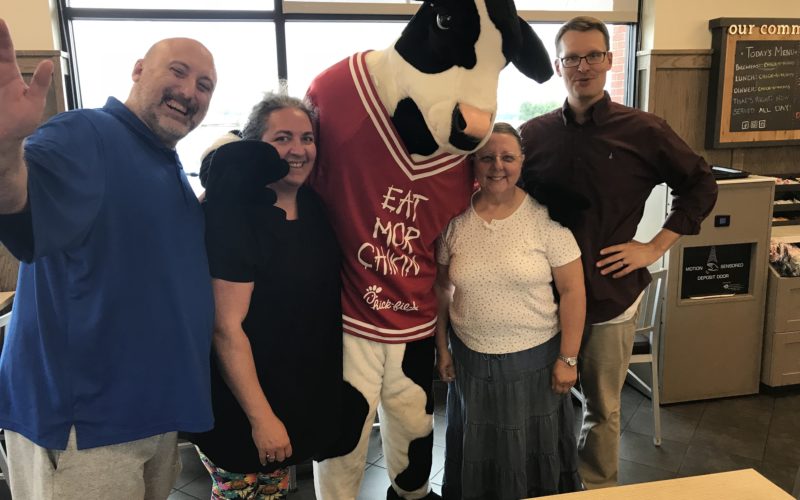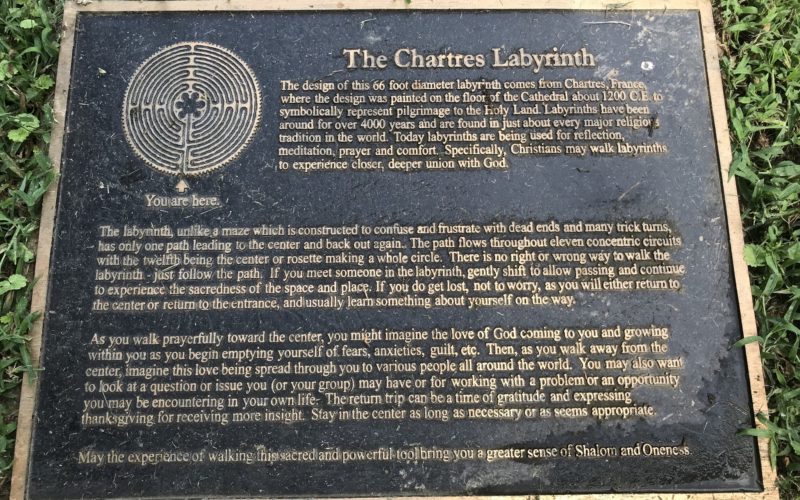By a matter of serendipity in early 2017, I was invited to join The Stability Network.
The previous year, as a contract employee at Cummins Engine Company, I had put together a business case for creating a Mental Health Affinity Group. The company already had other Affinity Groups that were focused on African American employees, Newcomers, LGBTQ employees, etc.
The intention was to create a safe place for those who identify with having a mental health diagnosis to share coping skills and their aspirations for success while effectively managing their mental health struggles. Unfortunately, my contract with Cummins ended and my main “corporate champion” for the cause was transferred to India.
Through this process, I met Donna Hardaker. When I was asked to create a business case for the value of the Affinity Group, Donna helped me find the statistics and other organizations already doing this kind of work. Donna is extraordinarily knowledgeable about the mental healthcare system. I was intrigued by her unique sense of the masked stigma and unique challenges that people with mental health diagnoses face in their career development.
After it was clear that the Affinity Group development had stalled, Donna surprisingly invited me to join The Stability Network. I was honored by the invitation and gladly accepted.
This past weekend, I attended The Stability Network’s national meeting in San Francisco. It was a follow up to last year’s regional meeting in New York City. The energy at the meeting and the natural bonds between all the members was a great atmosphere to be around.
Over the past 2 years, my involvement has helped me gain deeper relationships with other mental health advocates, helped me craft my own advocacy storytelling techniques, and inspired me to start the Revealing Voices podcast. The Stability Network inspires and encourages people experiencing mental health challenges to thrive. I am fully committed to the vision to help people with mental health challenges to thrive in workplaces and communities.
As Tony and I prepare for season 2 of Revealing Voices, we will be highlighting some of the individuals from The Stability Network who boldly share their mental health journey.
During my time in San Francisco, I was blessed to get the chance to ride a bike across the Golden Gate Bridge. The sight of this engineering marvel rising from the fog filled me with gratitude. The trip was rejuvenating and I’m energized by all my fellow advocates across the country.

